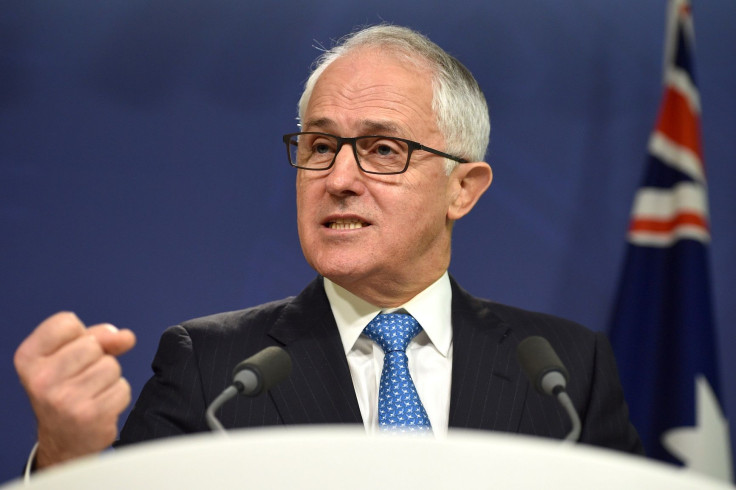Labor, business leaders oppose Malcolm Turnbull’s tax cuts

The administration of Prime Minister Malcolm Turnbull’s 10-year plan to cut business taxes will be subjected to a Senate vote. Labor disapproves the tax cut, other than for those with a turnover less than $2 million. The opposition argues that Australians will be forced to shell out an extra $4 billion if company tax cuts would push through.
Opposition finance spokesman Jim Chalmers believes that taxpayers would not be happy by the new figures reflecting the "messed up" priorities of Turnbull. He told reporters in Canberra that the Australian leader is “out of touch” that he thinks it is okay to borrow $50 billion to hand to big multinationals and the big banks at the expense of ordinary Australian people, who will be forced to toe the interest bill.
The cut to the corporate tax rate is expected to benefit small and medium businesses. Treasurer Scott Morrison told reporters Monday that companies would be paying less tax this year. The first leg would lessen the rate to 27.5 percent for businesses with a turnover of less than $10 million.
Corporate Australia is divided over the proposed tax cut, with two of the nation’s most popular business leaders claiming the move will not fuel investment by large companies. ANZ Banking Group chairman David Gonski and Australian Institute of Company Directors (AICD) chair Elizabeth Proust reportedly argue that there must be a wider reform package to encourage economic growth.
"I strongly believe that to just focus on corporate tax rate is, in my opinion, only part of the story," Gonski told the Australian Financial Review's Business Summit. He said an accelerated depreciation would result to a bigger difference than dipping the tax rate.
Proust seconded, saying it was wrong for businesses to give up on a broader tax package. The business leader had also pointed that corporate tax is too high in Australia and warned that the Turnbull government "faces a real risk of being thrown out" next election if it will not grant the requests for a more comprehensive reform agenda.
Earlier this month at the Summit, Turnbull renewed his call for a company tax cut and assured that his administration has pursued tax reform. His proposal is backed up by BHP Billiton chief financial officer Peter Beaven as he believed that every Australian would benefit from the tax reform. "Every Australian stands to benefit from the investment, employment and economic growth that would flow as a result," he said.





















